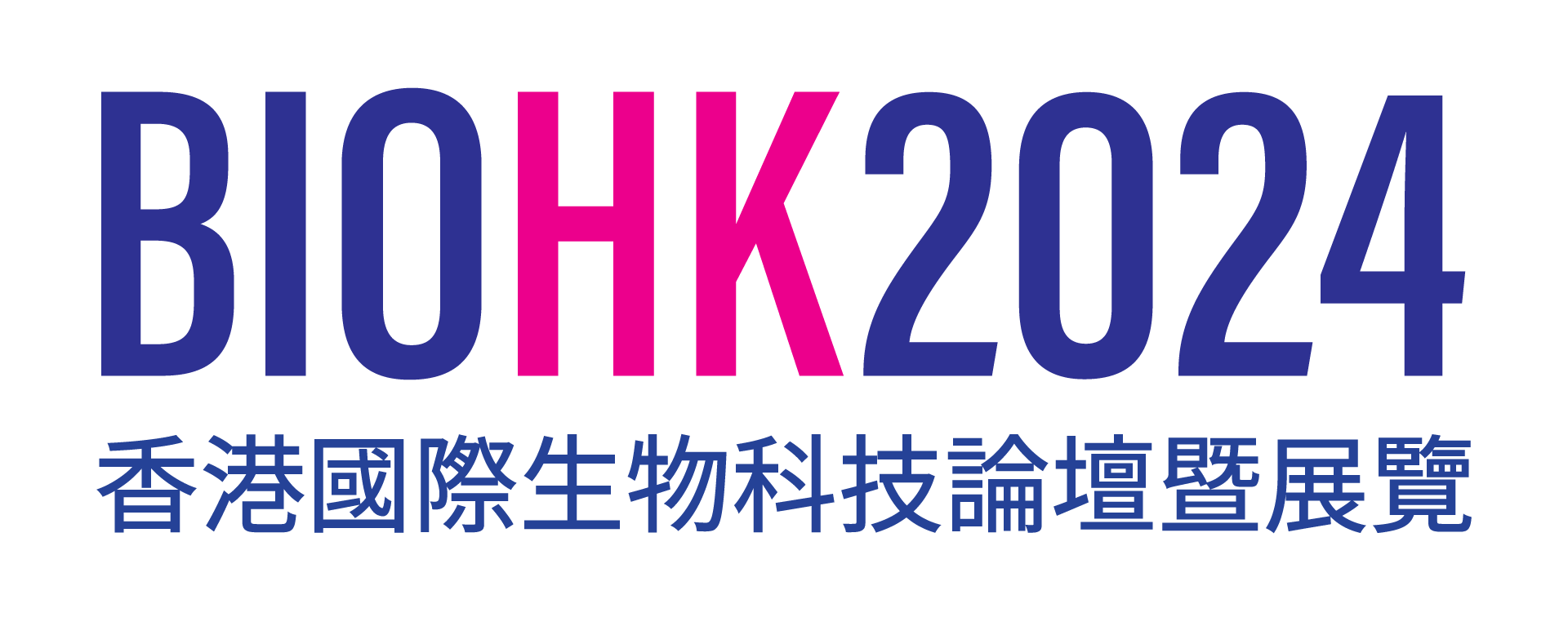The clock is ticking for the flood of blank-cheque companies that raised money last year, and competition is only getting hotter.

The start of the Spac boom was 2020’s story. This year is about the consummation of deals. But with more special-purpose acquisition companies floating every week, competition for the hands of well-bred private companies is only getting fiercer.
36 Spacs floated in 2020 with a disclosed interest in the healthcare sector, according to Spacinsider, a company that tracks these vehicles. Another 11 IPO’d in January this year alone, and the amounts being raised are also surging. For young drug developers considering financing options this is clearly great news, though for investors backing these so-called blank-cheque companies the jury is still out.
Since the boom started only a handful of Spacs have gone on to merge with a private drug developer, so it is probably too soon to judge the track record of these vehicles in terms of bringing high-quality young biopharma groups to the public markets. For this is ultimately a Spac’s main purpose: raise money via IPO and then find a merger partner, furnishing the chosen target with new funds and its own investors with a stake in the newly listed group.
Spacs typically have 24 months to find a target. They can shop in any sector they chose – or more than one – and those detailed below have all stated an interest in healthcare. Only those backed by specialist biotech funds are likely to be interested in the niche world of drug development; however, this is true for many of the groups captured in this analysis, which is based on data collected by Spacinsider.
The explosion in Spacs is certainly not limited to biotech, and other sectors have seen much higher deal volumes. But with cash flowing into the drug development sector, attracted in part by the Covid-19 spotlight, these vehicles are offering investors another way to access private companies.
Demand is also growing because some investors now view Spacs as a cash-management tool, according to Kristi Marvin, the founder of Spacinsider.
A Spac’s investors do not have to support the merger that is brought to them – they can ask for their money back instead. Throw in rock-bottom interest rates, and parking cash in these vehicles has become appealing. Also importantly, the whole process of IPO to merger became a lot quicker last year, attracting a bigger pool of investors, she says.
In 2019 the average time from Spac IPO to merger announcement was 11.8 months. Last year, that shrunk to 4.6 months. Largely this was because the infrastructure around Spacs – the lawyers and bankers etc – became more established. But the vehicle also became better known, and companies became more comfortable pulling the trigger, Ms Marvin says.
“So the wheels were greased,” she says. “But because [merger deals] have been announcing so much faster, it’s become easier for the long-only [funds] to invest. They are willing to give it a six-month shot. And if they invest at IPO they normally get a first look at any [follow-on funding] so can have a more meaningful investment in the operating company.”
A big deal
Huge demand from healthcare investors enabled the biotech space to originate the warrantless Spac, which was a huge deal at the time, according to Ms Marvin.
Spac shares typically come with warrants, giving investors an opportunity to increase their holding in the future, and making an offering more attractive. Companies, however, want the cleanest capital structure possible after IPO, and warrants create an overhang.
The first warrantless Spac was Therapeutics Acquisition Corp, underwritten by Jefferies and sponsored by RA Capital, floating last July and raising $118m. It came about because lots of long-only funds wanted to participate at the IPO, and were happy just to take shares, Ms Marvin says.
Still, despite its structure, and being backed by very well-known names in biotech, Therapeutics Acquisition is still searching for a target. It has until July next year to find one, although its investors will presumably be hoping for a deal much sooner.
Spacinsider counts 10 warrantless healthcare Spacs that have floated in Therapeutics Acquisition’s wake, although only one has found a deal: Foresite Capital announced a merger with Gemini Therapeutics last October, in an incredibly swift 64 days after its IPO.
Although the limited number of deals makes it hard to gauge the track record of Spacs, it is certainly true that some of the latest mergers raised substantial amounts of money for the target. But it should be remembered that Spacs are competing for deals with a scorching hot biotech IPO market.
For the Spacs that IPO’d in the past few months, the merger clock will start ticking louder as 2021 progresses. By the end of the year, success will be easier to judge.
| Target acquired: biopharma companies listed via Spac since 2019 | ||||||
|---|---|---|---|---|---|---|
| Merger target | Spac | Date of Spac IPO | Total cash to target (IPO proceeds plus PIPE) | Time from Spac IPO to merger announcement (days) | Share price performance from merger announcement to Feb 17, 2021 | Market cap at Feb 17, 2021 |
| Neurorx | Big Rock Partners Acquisition | Nov ’17 | TBC (IPO raised $69m) | 1,120 | 209% | Deal yet to close |
| Reviva | Tenzing Acquisition | Aug ’18 | $64m | 700 | -18% | $81m |
| 4D pharma | Longevity Acquisition | Aug ’18 | TBC (IPO raised $40m) | 784 | 25% | Deal yet to close |
| Immatics | Arya Sciences Acquisition | Oct ’18 | $250m | 529 | 13% | $730m |
| Biomx | Chardan Healthcare Acquisition | Dec ’18 | $70m | 214 | -38% | $155m |
| Immunovant | Health Sciences Acquisitions | May ’19 | $115m | 145 | 104% | $1.9bn |
| Vincera | Lifesci Acquisition | Mar ’20 | $62m | 207 | 70% | $250m |
| Celularity | Gx Acquisition | May ’19 | TBC (IPO raised $288m) | 598 | -3% | Deal yet to close |
| Cerevel | Arya Sciences Acquisition | Jun ’20 | $440m | 55 | 35% | $1.9bn |
| Nuvation Bio | Panacea Acquisition | Jul ’20 | $830m | 112 | 1% | $2.2bn |
| Gemini Therapeutics* | FS Development | Aug ’20 | $216m | 64 | 26% | $571m |
| *Warrantless structure. Source: Spacinsider.com & company statements. |
Source: https://www.evaluate.com/vantage/articles/data-insights/ipo/reckoning-begins-biotech-focused-spacs

